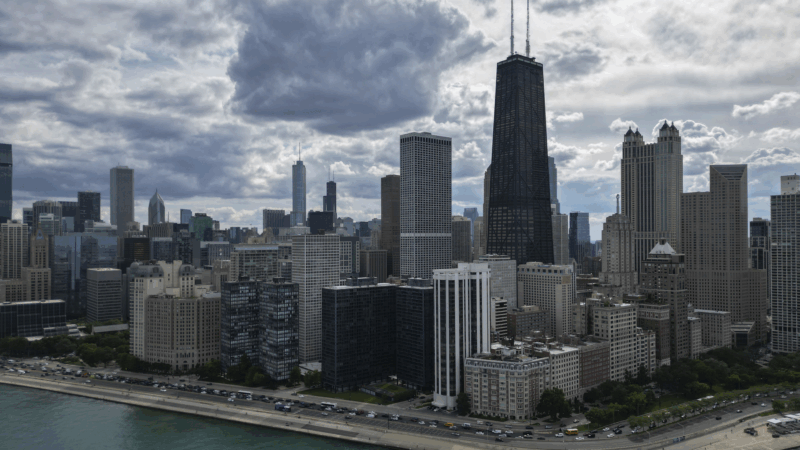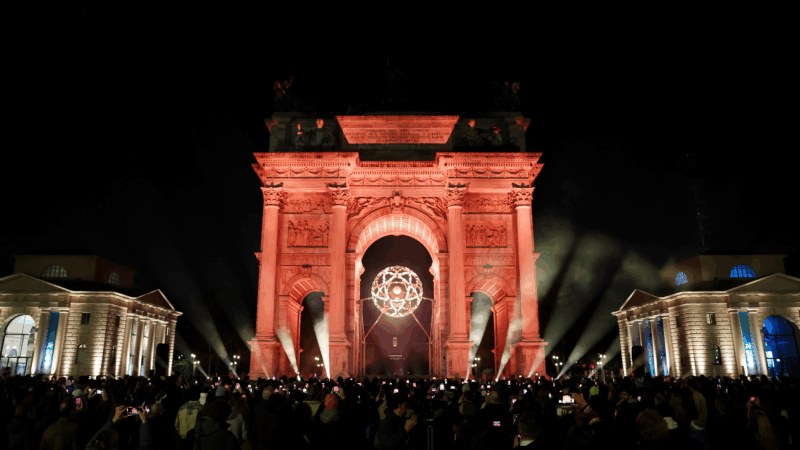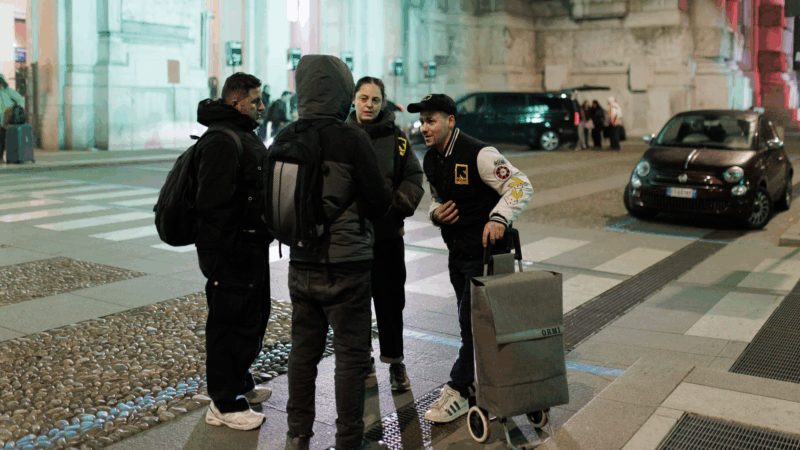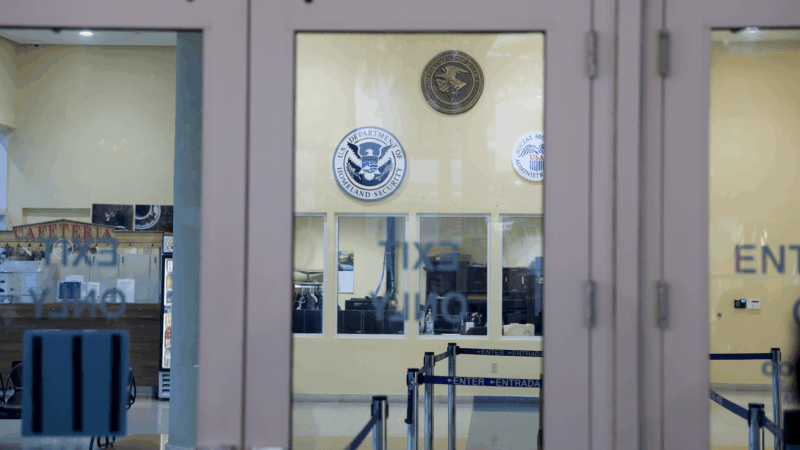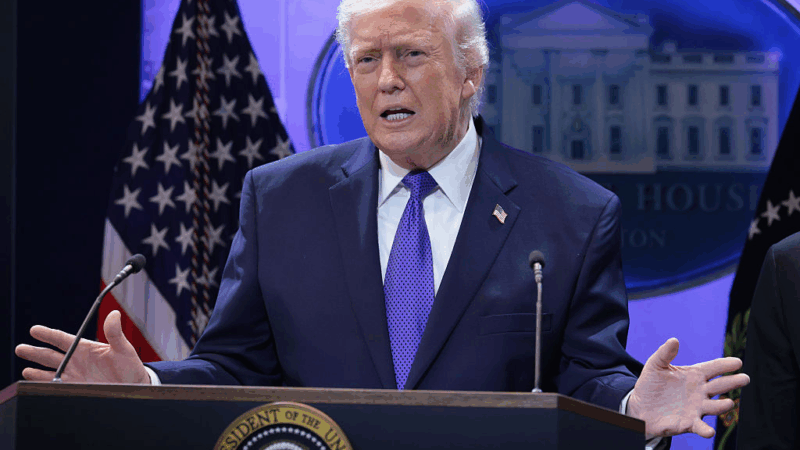Opinion: ‘Free speech doesn’t work just when you agree with it’
In 1977, a neo-Nazi group called the National Socialist Party of America applied for a permit to march through Skokie, Illinois, a predominantly Jewish, Chicago suburb. They wanted to wear brown shirts with swastika armbands and wave signs demanding “free speech for white people.”
The village refused the permit. The group sued, and it ignited a national debate over the First Amendment that may sound familiar today. Does the constitutional right to free speech protect offensive, even hateful speech? Can words cause real damage?
Skokie’s attorneys argued that seeing the swastika and hearing chants of “Sieg Heil” on their streets would amount to a physical attack on the hundreds of Holocaust survivors who lived in Skokie.
I remember speaking with Magda Brown over iced tea on her porch. She’d been a teenager in Hungary when the Nazi-aligned government began making anti-Jewish laws. She survived Auschwitz and Buchenwald. Her family was executed.
“The thought of Nazis in our streets today,” she told me, “brings back my worst fears.”
I told Magda Brown that the young Chicago Nazis I’d interviewed in their small storefront headquarters looked more ridiculous than menacing. Magda answered, “That’s what the Nazis looked like to us in 1933, too,” — the year Hitler came to power in Germany.
David Goldberger was the ACLU lawyer who argued in the U.S. Supreme Court for the right of the neo-Nazis to march and speak.
“But our real client was always the First Amendment,” he told us this week. The courts eventually ruled that the planned demonstration was protected speech, but the Nazis ended up holding their rally in Chicago instead.
David Goldberger, who is now professor emeritus at The Ohio State University’s law school, found the case personally painful. He himself is Jewish.
“I still feel bad about the pain it caused survivors,” he said. “People who had suffered so much. I felt like they could be my uncles and relatives.”
“But when free speech is denied because someone finds it offensive,” he says today, “then officials can prevent speech, even jokes, that anyone dislikes for any reason. Free speech doesn’t work just when you agree with it.”
Maybe there’s some unity in that thought in these divided times.
What NPR reporters will remember most about these Winter Olympics
NPR's reporters on the ground in Italy reflect on a far-flung, jam-packed Winter Olympics.
In the shadow of the Olympics, migrants search for a welcome in Milan
As Italy cracks down on migration, Milan takes a different path — offering shelter and integration to asylum seekers even as the central government tightens borders and funds deterrence abroad.
Trump to raise global tariffs. And, most say the state of the union is weak, poll says
President Trump says he is raising global tariffs to 15%. And ahead of the president's address tomorrow, most Americans say the state of the union is not strong, according to an NPR poll.
U.S. has a quarter fewer immigration judges than it did a year ago. Here’s why
The continued drain of personnel from the already strained immigration court system has contributed to depleted staff morale, mounting case backlogs — and floundering due process.
Poll: Most say the state of the union is not strong and the U.S. is worse off
Ahead of the State of the Union address on Tuesday, evidence continues to mount that President Trump is facing political headwinds.
Influencers are promoting peptides for better health. What’s the science say?
The latest wellness craze involves injecting these molecules for athletic performance, longevity and more. Scientists say the research isn't keeping pace with the health claims.

